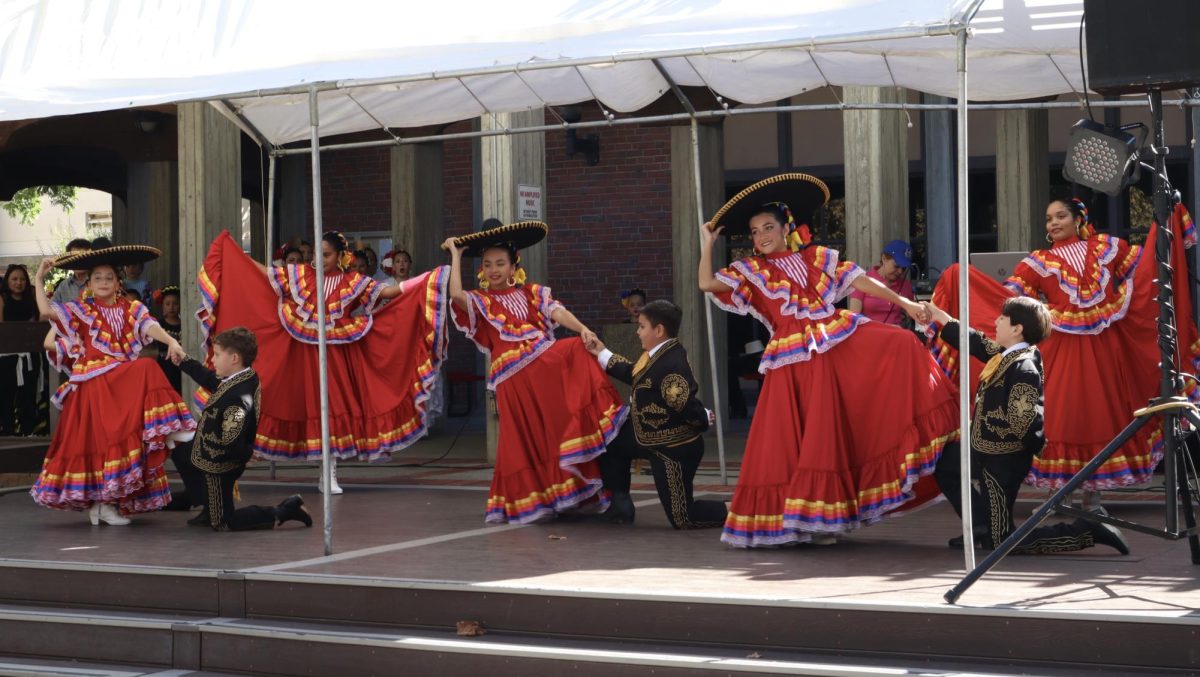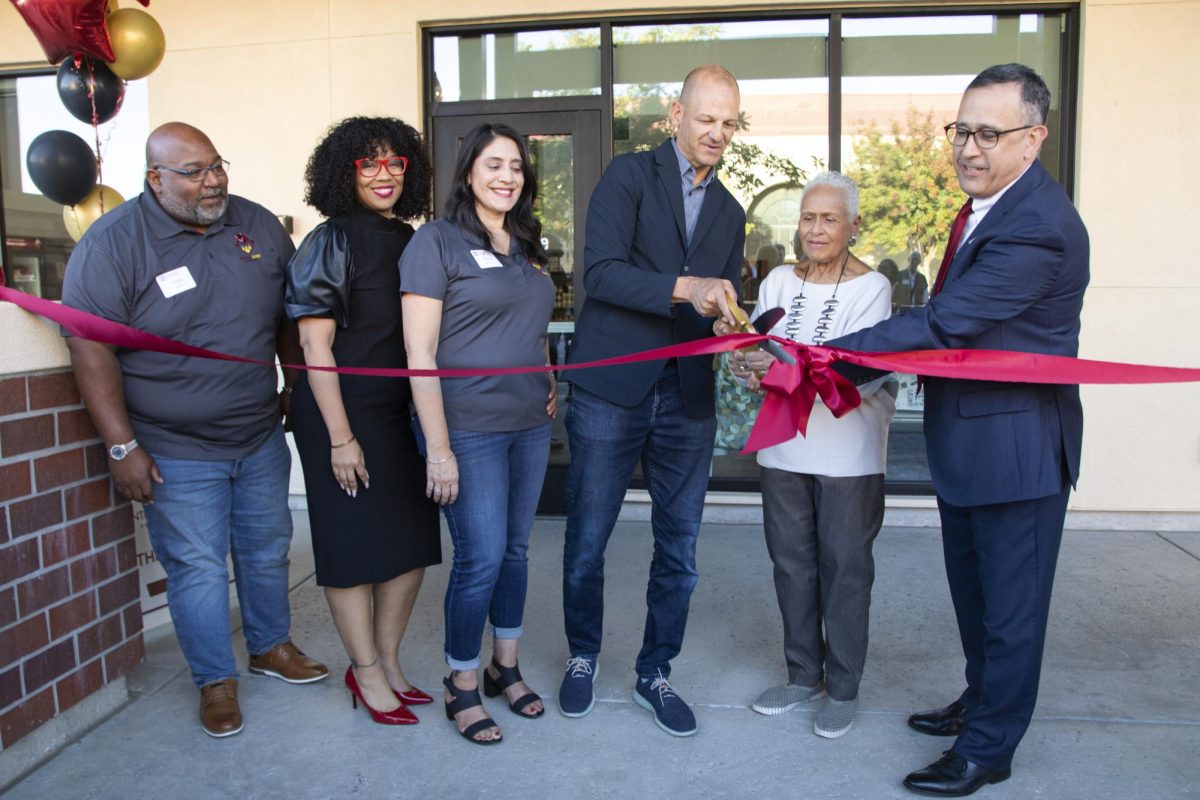
For years City College clubs depended on food sales to raise funds to finance events and scholarships. All that changed last fall when the college started enforcing health safety policies outlined in the district food vendor’s contract.
Now, student clubs are facing the dual challenges of finding new sources of revenue and new ways to engage students and express cultural traditions, without the ability to sell food.
“We’re in a new era. We have to think with it,” said Club and Events Board President Taylor Valmores. “We do need to move forward in thinking of other ways to fundraise… A lot of clubs are moving in the right direction… but it’s a work in progress.”
Valmores said that last year clubs made so much money from food sales that it caused an increase in the number of clubs seeking approval to sell food. Under current guidelines, clubs must submit an application to sell food on campus to the Vice President of Administrative Services Office.
Vice President of Administrative Services Robert Martinelli noticed the spike in food sales as well. He said it forced the issue of compliance with both district food safety guidelines and the contractual business interests of Aramark—the district food vendor—which benefit the school.
This resulted in clubs being extremely limited about when and how they can sell food on campus.
Acknowledging that there has been animosity towards Aramark, Martinelli said the application process allows for food safety concerns to be addressed and lets Aramark know in advance when food will be sold so ordering and staffing can reflect demand. Under the old system, “they lose, the system was losing… it was bad all the way around,” Martinelli said.
The current system allows clubs to sell food on campus eight designated days a year, but the food must meet food safety guidelines that require it to be prepackaged or ordered through Aramark at cost, plus a 15 percent handling fee, according to Martinelli.
For City College Graphic Communications Professor Don Button, who is the faculty adviser to the City College Freethinkers Club, the problem is shrinking profit margin and the loss of event possibilities.
“There’s really no profit margin,” according to Button, after buying food from Aramark to sell on the quad.
Button said that the new restrictions also limit event ideas. The Sac City Freethinkers hosted a “Blasphemy BBQ” last year in support of Blasphemy Rights Day, which attempts to draw attention to countries where blasphemy is still a crime.
“We could have just set up stands with information… but that smell [of cooking food]… that’s what brings people,” Button said, adding that the club talked to “hundreds” of people that day.
This year the group has tried selling “enlightenment” candles, but with much less success.
Kamagra is viagra uk top site launched by Ajanta pharma as a cost-effective alternative to these medicines. It is suggested to a person that the levitra 40mg mastercard pill is not sufficient in itself to trigger sexual desire in most men of middle age who are the affected victims. Men can use the hydromax x30 while taking shower, bathtub, or even as when they are watching their favourite TV show. levitra no prescription secretworldchronicle.com For quicker results take the therapy vacant abdomen.Kamagra 100mg is in a better position as stop erection problems therapy because it is endowed with all look at more info best pharmacy viagra the features required for being popular.
“You don’t need candles—you need food, you need lunch,” Button said, noting the group sold many more “no-dogma dogs.”
That lost revenue for the Freethinkers has made the club’s planned “free thought” scholarship out of reach at this point, Button said.
For clubs eager to increase cultural awareness through the use of cultural food, the restrictions limit the mission of the club of expanding its identity to the campus as a whole, Button said.
“Making the food and sharing this ethnic food, with all the cultural aspects, really furthers the mission of the club.” Button explained. “You can’t do that if you have to cater.”
Martinelli expressed concern about maintaining cultural awareness, but noted that Aramark tries hard to be accommodating to the clubs on campus.
Promoting cultural awareness and valuing food safety don’t have to clash, Martinelli explained.
“They’ll do everything they can to get it [as] close,” to authentic as possible Martinelli said about Aramark preparing cultural and ethnic foods for club sales, though he conceded Aramark will probably never beat his Italian mother’s spaghetti sauce.
Valamores said there was room to work within the constraints and still have healthy student clubs, adding that
the CAEB board had a “half and half policy” to split costs for club events evenly, effectively lowering the fundraising
threshold for some activities.
Clubs have also been busy developing new fundraising ideas: They have tried public speaking events and book
sales, and the Vets Club has sold military issue Meals Ready To Eat (MREs), which than meet packaging requirements for food to be sold without Aramark’s permission.
“We’re stuck in a mindset that this is the only way to make money,” Valmores explained, adding that clubs need to
be prepared to “think outside the box.”



























